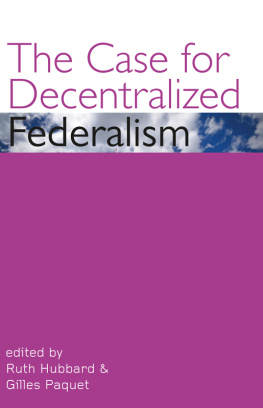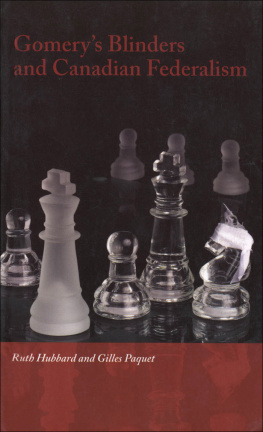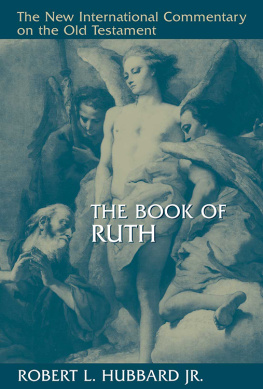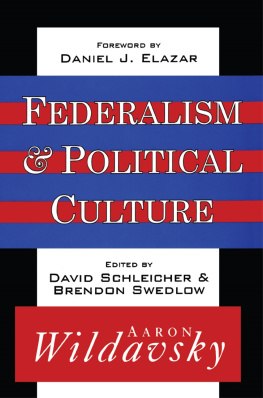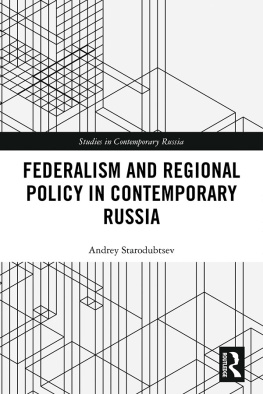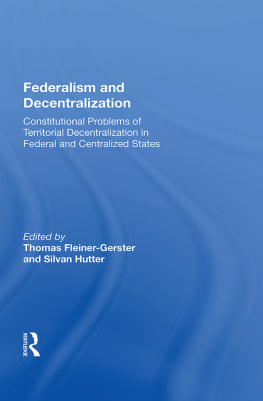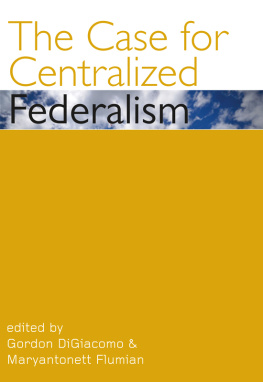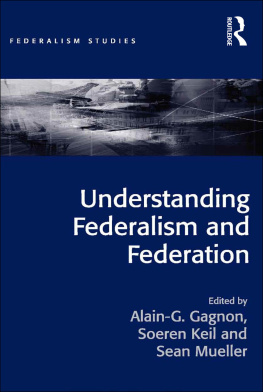Governance Series
Governance is the process of effective coordination whereby an organization or a system guides itself when resources, power and information are widely distributed. Studying governance means probing the pattern of rights and obligations that underpins organizations and social systems, understanding how they coordinate their parallel activities and maintain their coherence, exploring the sources of dysfunction, and suggesting ways to redesign organizations whose governance is in need of repair.
The series welcomes a range of contributionsfrom conceptual and theoretical reflections, ethnographic and case studies, and proceedings of conferences and symposia, to works of a very practical naturethat deal with problems or issues on the governance front. The series publishes works both in French and in English.
The Governance Series is part of the publications division of the Centre on Governance and of the Graduate School of Public and International Affairs at the University of Ottawa. This is the 27th volume published in the series. The Centre on Governance and the Graduate School of Public and International Affairs also publish a quarterly electronic journal, www.optimumonline.ca.
Editorial Committee
Caroline Andrew
Linda Cardinal
Monica Gattinger
Luc Juillet
Daniel Lane
Gilles Paquet (Director)
The published titles in the series are listed at the end of this book.
The Case for Decentralized Federalism
edited by
Ruth Hubbard &
Gilles Paquet
UNIVERSITY OF OTTAWA PRESS
OTTAWA
Institutions have a futurepeople have no future. People have hope.
Ivan Illich
Contributors
Blanger, Grard
Grard Blanger is Professor in the Department of Economics at Laval University.
Courchene, Thomas J.
Thomas J. Courchene is Jarislowsky-Deutsch Professor of Economics and Financial Policy, School of Policy Studies at Queens University, and Senior Scholar at the Institute for Research on Public Policy.
Gilbert, Marie-Christine
Marie-Christine Gilbert is a doctoral candidate in the School of Political Studies at the University of Ottawa.
Hubbard, Ruth
Ruth Hubbard is Senior Research Fellow at the Centre on Governance at the University of Ottawa, and Senior Partner in Invenire.
Paquet, Gilles
Gilles Paquet is Professor Emeritus at the Telfer School of Management, Senior Research Fellow at the Centre on Governance of the University of Ottawa, and Senior Partner in Invenire.
Peach, Ian
Ian Peach was Special Advisor to the Office of the Federal Interlocutor for Metis and non-Status Indians, Indian and Northern Affairs Canada, at the time his chapter was prepared.
Rocher, Franois
Franois Rocher is the Director of the School of Political Studies at the University of Ottawa.
Segal, Hugh D.
The Hon. Hugh D. Segal is a Senior Research Fellow at McMillan LLP, Senior Fellow and Chair of the Policy Forum at the Queens School of Policy Studies and a member of the Senate of Canada.
Foreword
This volume is one of a pair of books published in the Governance Series by the University of Ottawa Press as the outcome of the Federalism Redux Project. These two books provide the requisite vocabulary and schemes of arguments likely to be useful for those who would like to articulate the best case that can be made for centralized and decentralized federalism respectively.
This particular volume makes the case for decentralization while the companion volume, edited by Gordon DiGiacomo and Maryantonett Flumian, makes the case for centralization.
The Federalism Redux Project is aimed at presenting the best case for each position in the most analytically sound and the least ideologically corrupted ways. It is for the reader to determine whether the books have delivered on their promise, and whether, as a result, someone who has worked carefully through both books is likely to be persuaded more effectively by one or the other.
Our main objective is to get away from the continuous whining about petty grievances or the doldrums of institutional plumbing, and to stimulate a serious discussion about the best way to initiate an important and useful conversation about federalism in Canada, and on how it might best serve Canada going forward. We invite readers to communicate with the authors and editors in order to make their views and criticisms known.
It is the intention of the Editor in Chief of Optimumonline at www.optimumonline.ca to provide a forum for a broad range of views on these books in forthcoming issues.
We would like to thank the Centre on Governance at the University of Ottawa: its various forms of support for the Federalism Redux Project are gratefully acknowledged.
Ruth Hubbard and Gilles Paquet
Gordon DiGiacomo and Maryantonett Flumian
Introduction
Federalism as a Philosophy of Governance
Ruth Hubbard and Gilles Paquet
our Fathers of Confederation possessed many fine qualities and talents. I can guarantee, however, that clairvoyance was not among them.
Allan Gregg
Governance has been defined as effective coordination when power, resources and information are widely distributed.
Federalism is a philosophy of governance, a social technology, and a mode of public governance. It proposes ways to cope with contextual diversity and cultural pluralism through a division of the work of public governing among different levels of government. It strikes a compromise between centralization and decentralizationwith each level of government being sovereign in its own world, but of necessity obliged to accommodate the partners through a variety of arrangements more or less formalvertical, horizontal and transversal. The polycentric governance that ensues is seen as doing much to protect the citizen from the natural propensity of government to centralize. Traditionally, federalism has often been approached by lawyers and public administration specialists strictly in plumbing terms: as a set of mechanisms to allocate rights and responsibilities among levels of territorial (local, provincial, federal) or national administration. This has diverted attention from the central concern: ascertaining the ways and means by which the citizens of an advanced democracy can steer and steward their society (both directly and indirectly) so that it thrives in the future.
The surface-level discussions in good currency have produced a Manichean literature built on different sets of propositions.
A first set is characterized by an argument generally based on three more or less explicit propositions: someone must be in charge; the senior level government is best equipped to do the job; and if hierarchical leadership is not exerted, unacceptable governance failures ensue.
The second set is characterized by the propositions that nobody is fully in charge; that, depending on the issue domain, different levels of government (or some private or social concern) may be better equipped to take the lead; and that this heterarchy generates workable governance.
Readers will undoubtedly recognize those sets of propositions percolating through the two volumes of the Federalism Redux Project.
Our approach in the present volume is squarely built on the second set of propositions and defends the view that the objective should be as much decentralization as possible but as much centralization as necessary. It is our view that decentralized federalism constitutes, through the development of a philosophy of polycentric governance and the design and operations of confederally-inspired decentralized structures, the most efficient, equitable and practical way to govern a pluralist and heterogeneous country, while preserving autonomy and liberty, and ensuring resilience and innovativeness.

